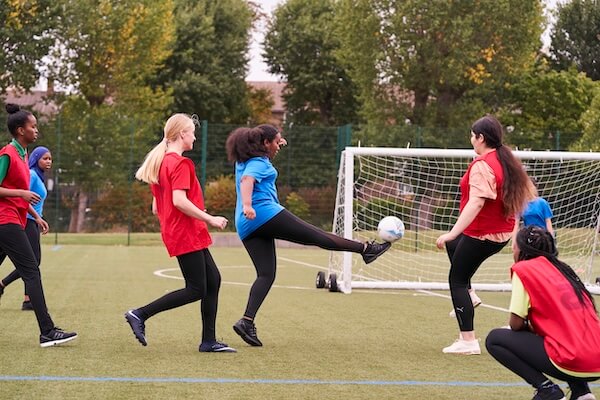
Yoga has been practiced for thousands of years, offering a unique
combination of physical postures, breathing exercises, and
mindfulness. But what does modern science say about its benefits?
In the TED-Ed video, "What
Yoga Does to Your Body and Brain" by Krishna Sudhir,
we explore how this ancient tradition impacts flexibility,
strength, lung health, and mental well-being. Let’s break it down.
Proven Benefits
-
Flexibility and Strength:
- Yoga improves flexibility and strength through physical postures.
- Regular stretching increases elasticity in muscles, ligaments, and tendons.
- Stimulates stem cells that develop into new muscle tissue and collagen.
- Reduces the body’s natural reflex to constrict muscles, enhancing flexibility and pain tolerance.
-
Therapeutic for Musculoskeletal Disorders:
- Studies indicate yoga is more effective than other low-impact exercises in improving mobility and reducing pain in conditions like chronic low back pain, rheumatoid arthritis, and osteoporosis.
-
Lung Health:
- Breathing exercises in yoga improve oxygen flow, relax airway muscles, and support better lung function.
- Particularly beneficial for conditions like asthma, bronchitis, and emphysema.
- Enhances oxygen diffusion and is helpful for individuals with weak heart muscles.
-
Heart Health:
- Yoga can lower blood pressure and reduce risk factors for cardiovascular disease.
Benefits That Show Promise but Require More Evidence
- Psychological Effects:
- Yoga may reduce symptoms of stress.
- There is some evidence that yoga helps with anxiety and depression, though the effects are not conclusive due to varying severities and diagnoses of these conditions.
- Its mental health benefits are difficult to quantify because studies often rely on subjective self-reporting.
Areas Needing More Research
- Impact on heart attacks, cancer rates, and cognitive function.
- Larger, more diverse studies are required to provide conclusive evidence on these effects.
Why Yoga Stands Out
Yoga’s unique blend of physical and mental exercise sets it apart from other low-impact activities. It’s not just about stretching or building strength—it’s about creating harmony between your body and mind. And the best part? Anyone can practice yoga, regardless of age or fitness level.
Takeaway
Yoga isn’t just an ancient tradition; it’s a modern-day tool for better health and well-being. Whether you’re looking to improve flexibility, strengthen your heart, or reduce stress, yoga offers something for everyone.
As Krishna Sudhir says, “Yoga can continue its ancient tradition as a way to exercise, reflect, and relax.” So why not give it a try? Your body and mind will thank you.
Check out the TED-Ed video, "What Yoga Does to Your Body and Brain," to dive deeper into the science and history behind this transformative practice.






